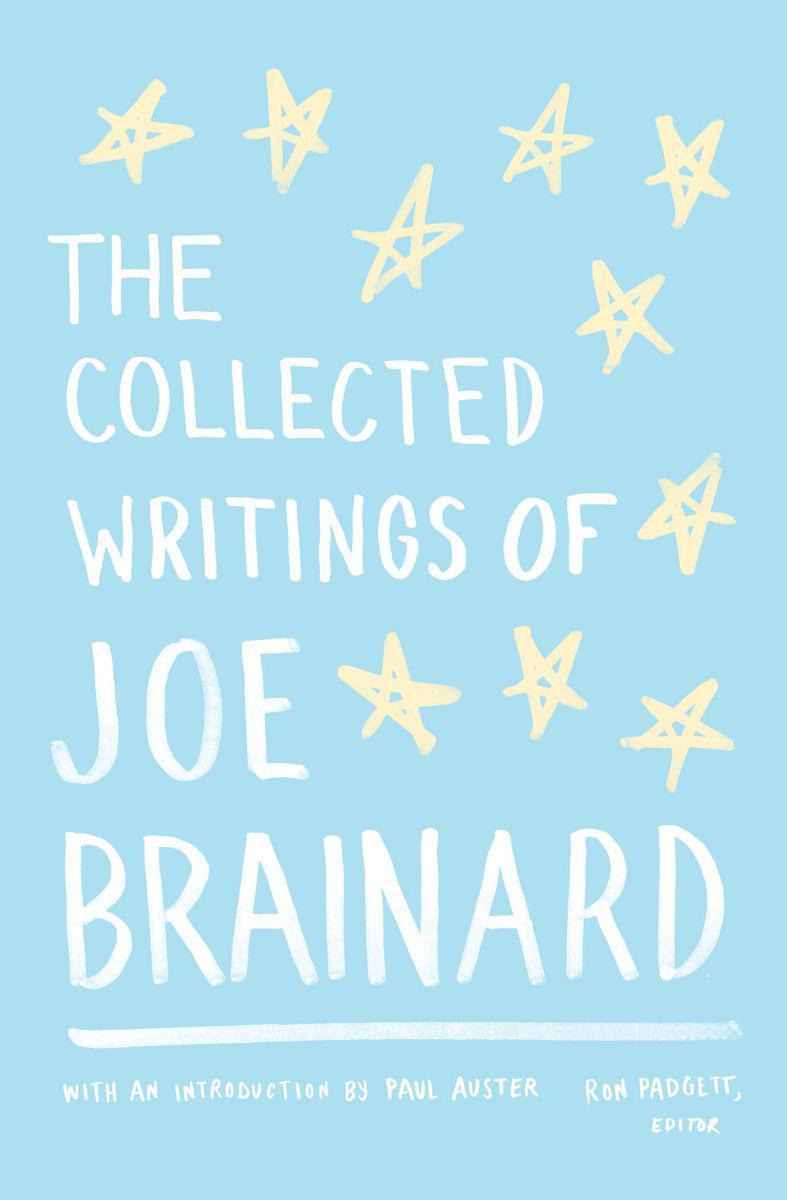What do you think?
Rate this book


450 pages, ebook
First published January 1, 2012
It seems to me that we just keep learning the same fucking things over and over again.
I must say tho, that for a hopeless situation, we do pretty good at taking advantage of it.